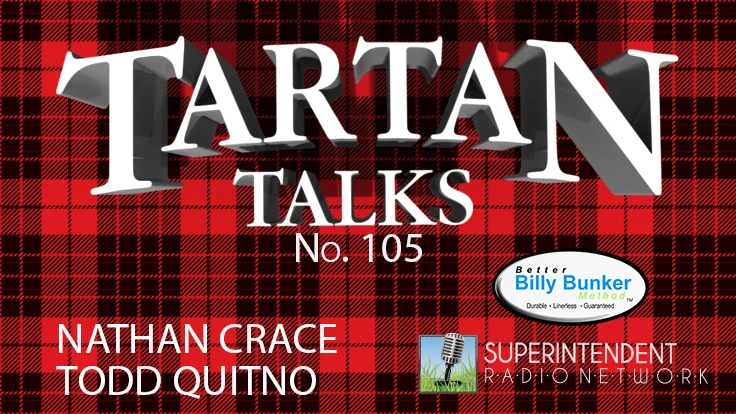
Many golf course executives and managers say their most valuable asset is the course itself, those acres of green outside their door that members and customers pay good money to enjoy. The most successful executives and managers, however, look past the green and see their people as their most valuable resource.
The truth is few companies flourish without smart, creative and engaged employees. That’s why finding, developing and retaining good people with the right skills – what the human resources people refer to as talent – is critical.
So how do you go about the hiring process? Like most people, do you gather a few resumes, conduct a few interviews (maybe very few) and make a job offer? If hiring for key positions is a casual exercise, maybe even one delegated to a mid-level manager, you’re doing yourself and your organization a disservice.
The hiring process requires discipline and time. It’s tempting to skip important steps to get someone on board quickly, but that’s usually a strategy for disaster. A bad hire has bad repercussions, which will only worsen.
Hiring comes with no guarantees, but here are four steps that increase the odds of landing the right person for the job.
Review the job description
The hiring process should start long before any candidate walks in the door. The first step is making sure the job description thoroughly describes the skills and experience the position requires. If the job description hasn’t been updated in more than a year, review it to make sure it still defines the ideal candidate. Ask other managers what the last person in this job needed more of – and less of.
Determine the right compensation
Do some online research and survey others in your market to see what they’re paying for similar positions. Reach out to associations that serve owners, managers and superintendents and ask for available salary information. The goal is not to hire someone at the lowest salary possible. Instead, seek to hire someone who believes the salary and overall compensation provide incentive to give his or her best at all times.
Conduct multiple interviews
One interview is seldom enough to learn everything you need to know about a potential employee. If you believe a person is a good fit, bring him or her back a second or third time so the candidate can spend time with other managers and staff. Resist the temptation to dominate the interview; let the candidate do most of the talking. Do at least one interview outside your office; you’ll learn a lot about a person’s true personality over breakfast, lunch or a round of golf.
Check references
Always take the time to check a candidate’s references before making a job offer. Previous employers – especially those you know – will give you insights even the most thorough interviews will not uncover.
Here are a more tips gathered over a career of interaction with our clients:
- Look for servant leaders, people who routinely put the needs of others before their own.
- Prioritize integrity. People who do the right thing – even when no one is looking – define the character of your organization.
- Hire people who share the values, passions and sense of humor of the organization. Almost all skills can be taught and improved; a willingness to learn and an engaging personality are difficult to instill.
- Ask yourself: Can this person not only do the job I’m hiring for today, but also one with more complexity and responsibility down the road? If the answer is yes, you may be hiring a longtime employee.
- Hire someone who doesn’t look like you or think like you. Golf needs diversity in ethnicity, cultures and thinking if it is going to grow – and so does your organization.
- Hire the scrapper. Resumes tell a story, but not the whole story. A person who has had none of the advantages of someone with a stellar resume – she didn’t go to a prestigious school and hasn’t worked for a nationally regarded club – may be just the person you need. Scrappers have had to struggle and work harder than most for what they’ve achieved. Scrappers don’t give up on themselves – or the job that’s in front of them.
is a principal in the Global Golf Advisors consultancy. DeLozier joined Global Golf Advisors in 2008 after nine years as the vice president of golf for Pulte Homes. He is a past president of the National Golf Course Owners Association’s board of directors and serves on the PGA of America’s Employers Advisory Council.
Get curated news on YOUR industry.
Enter your email to receive our newsletters.

Explore the January 2016 Issue
Check out more from this issue and find your next story to read.
Latest from Golf Course Industry
- From the publisher’s pen: New? No way!
- Indiana course upgrades range with synthetic ‘bunkers’
- Monterey Peninsula CC Shore Course renovation almost finished
- KemperSports and Touchstone Golf announce partnership
- PBI-Gordon Company hires marketing manager Jared Hoyle
- Mountain Sky Guest Ranch announces bunker enhancement project
- GCSAA names Joshua Tapp director of environmental programs
- AQUA-AID Solutions bolsters Sunshine State presence





